Payment gateways are integral to the success of cross-border e-commerce, providing businesses with the tools they need to facilitate secure, efficient, and cost-effective international transactions. From handling multiple currencies and payment methods to ensuring compliance with local regulations, payment gateways help overcome many of the challenges of global trade.
In today’s globalized economy, cross-border e-commerce has become a key avenue for businesses to expand their reach and attract international customers. However, expanding into new markets presents various challenges, with payment processing being one of the most significant obstacles. For businesses looking to thrive in the global marketplace, understanding the role of payment gateways in cross-border e-commerce is crucial.
This article is about how payment gateways function in cross-border e-commerce, their key features, challenges they help solve, and the benefits they offer to international businesses.
What is Payment Gateway?
A payment gateway acts as a bridge between the business and its customers, facilitating the secure transfer of funds during transactions. In the context of cross-border e-commerce, payment gateways play a critical role in ensuring that transactions are smooth, secure, and cost-effective, even when customers are located in different countries.
What is Cross-Border E-Commerce?
Cross-border e-commerce refers to the buying and selling of goods and services between businesses and consumers from different countries through online platforms. This type of commerce allows businesses to reach customers globally, often expanding their customer base and increasing revenue.
While the opportunities are vast, businesses must navigate the complexities of international trade, such as currency conversion, taxes, and regulations. Payment gateways play a pivotal role in overcoming these challenges, ensuring that the buying process is seamless for customers and secure for businesses.
The Role of Payment Gateways in Cross-Border E-Commerce
1. Facilitating Multiple Payment Methods
One of the key challenges in cross-border e-commerce is the need to cater to a diverse customer base with different payment preferences. Payment gateways simplify this by offering a variety of payment methods that are tailored to different markets.
- Credit and Debit Cards: These are the most common form of payment in international transactions. Major payment gateways such as PayPal, Stripe, and Square support cards from global networks like Visa, MasterCard, and American Express.
- Digital Wallets: With the rise of mobile payments, digital wallets like Apple Pay, Google Pay, and Samsung Pay are becoming increasingly popular. These options make it easy for international customers to complete purchases without entering card details every time.
- Local Payment Methods: Different countries have unique local payment preferences. For example, in China, Alipay and WeChat Pay dominate, while iDEAL is commonly used in the Netherlands. Payment gateways like 2Checkout and PayPal support a wide range of local payment methods, making it easier for businesses to cater to international customers.
2. Currency Conversion and Multi-Currency Support
Another critical role of payment gateways in cross-border e-commerce is handling currency conversion. When customers make a purchase in a different currency, payment gateways automatically convert the payment into the merchant’s preferred currency. This process is crucial for businesses as it helps avoid confusion and ensures that the correct amount is transferred.
- Automatic Currency Conversion: Payment gateways such as Stripe and PayPal allow merchants to accept payments in multiple currencies. This ensures that customers can pay in their local currency, while merchants receive the payment in their own currency.
- Global Reach: By supporting multi-currency transactions, payment gateways enable businesses to expand their reach globally without having to set up multiple merchant accounts in different countries.
3. Ensuring Payment Security and Fraud Prevention
Cross-border transactions are more susceptible to fraud due to the distance and the anonymity of online payments. A significant challenge for businesses operating in international markets is ensuring that the payments they receive are secure and that they are protected from fraudulent activity.
- Secure Payment Processing: Payment gateways implement robust security protocols such as SSL encryption, 3D Secure, and tokenization to safeguard customer payment information. These technologies ensure that sensitive data, such as credit card numbers, are encrypted and securely transmitted.
- Fraud Detection and Prevention: Leading payment gateways offer advanced fraud prevention tools that analyze transaction patterns to detect and block fraudulent activities. These tools help prevent chargebacks, which are a major concern for international merchants.
- PCI DSS Compliance: Most reputable payment gateways are PCI DSS (Payment Card Industry Data Security Standard) compliant. This means that they adhere to global security standards to ensure that cardholder data is handled securely. For cross-border transactions, adhering to these security standards is essential for building trust with international customers.
4. Simplifying Taxation and Compliance
When operating internationally, businesses must navigate a complex web of regulations, including taxes, tariffs, and compliance with various national and international laws. Payment gateways help simplify some of these complexities.
- Tax Calculation: Some payment gateways, like PayPal and Stripe, offer built-in tools to calculate taxes based on the customer’s location. This ensures that businesses can comply with local tax laws and avoid issues related to tax collection.
- Local Regulations: Payment gateways that specialize in cross-border transactions ensure that businesses comply with regional regulations, such as GDPR in Europe or GST in India. This includes ensuring that the payment data is stored and processed according to the legal requirements of the country.
5. Speed and Reliability of Transactions
In cross-border e-commerce, speed is crucial. Customers expect to complete their purchases quickly and businesses need reliable transaction processing to maintain cash flow. Payment gateways ensure that payments are processed in real-time or within a few hours, depending on the region and payment method.
- Instant Payment Notifications: Payment gateways often provide instant notifications to businesses when a payment is made, allowing them to ship products quickly and manage inventory in real-time.
- Reliability in Global Transactions: Leading payment gateways have established infrastructure to support international transactions, ensuring minimal downtime and consistent service availability. This is especially important when dealing with international time zones and markets with high transaction volumes.
What Payment Methods Do Cross-Border E-Commerce Payment Gateways Support?
Cross-border e-commerce payment gateways support a variety of payment methods to cater to a global audience, including:
- Credit and Debit Cards (Visa, MasterCard, American Express)
- Digital Wallets (Apple Pay, Google Pay, PayPal)
- Bank Transfers
- Local Payment Methods (Alipay, WeChat Pay, iDEAL, etc.)
- Cryptocurrency (depending on the gateway)
By supporting various payment methods, payment gateways help businesses reach customers with different preferences in international markets.
How Do I Choose the Right Payment Gateway for My Cross-Border E-Commerce Business?
When choosing a payment gateway for your cross-border e-commerce business, consider the following factors:
- Global support: Does the gateway support multiple currencies and international payment methods?
- Transaction fees: What are the fees for cross-border transactions, and how do they compare to other gateways?
- Security: Does the gateway offer robust security features to protect sensitive customer data?
- Ease of integration: Is the gateway easy to integrate with your website or e-commerce platform?
- Customer support: Does the gateway provide responsive customer service to resolve issues quickly?
Choosing the right payment gateway depends on the specific needs of your business and your target markets.
Are There Any Hidden Fees When Using a Payment Gateway for Cross-Border Transactions?
While many payment gateways are transparent about their fees, there may be additional costs associated with cross-border transactions, such as:
- Currency conversion fees for exchanging foreign currencies.
- Cross-border transaction fees for payments made from customers in different countries.
- Fixed transaction fees or percentage-based fees for each sale.
It’s important to review the pricing structure of your chosen payment gateway and understand all potential charges before integrating it into your business.
Challenges in Cross-Border E-Commerce and How Payment Gateways Help
Despite their benefits, payment gateways also face several challenges in cross-border e-commerce. Here are some of the most common challenges and how payment gateways can help mitigate them:
1. High Transaction Fees
Cross-border transactions often involve higher fees due to currency conversion, international bank processing, and additional charges. However, payment gateways like Stripe and PayPal offer competitive rates and provide clear pricing structures, allowing businesses to understand and manage their costs better.
2. Managing Returns and Refunds
Refunds in cross-border transactions can be complicated due to exchange rate fluctuations and different banking systems. Payment gateways help manage these refunds efficiently by offering tools for international payments and automatic conversions, reducing the complexity of returning funds to customers.
3. Language Barriers
Language can be a barrier for customers when processing payments. Some payment gateways offer multilingual interfaces, allowing customers to make payments in their preferred language. This helps businesses provide a more seamless and user-friendly experience for international customers.
FAQs
Why are Payment Gateways Important for Cross-Border E-Commerce?
Payment gateways are essential in cross-border e-commerce as they securely process payments between international customers and businesses. They handle currency conversion, provide various local payment options, protect against fraud, and ensure that payments are processed quickly and securely, overcoming geographical and regulatory barriers.
How Do Payment Gateways Handle Currency Conversion for International Transactions?
Payment gateways that support multi-currency transactions automatically convert the customer’s payment into the merchant’s preferred currency using real-time exchange rates. For example, if a U.S.-based business receives a payment from a customer in Europe, the gateway will convert the payment from euros to U.S. dollars. This ensures both the merchant and customer are dealing in their respective currencies.
How Do Payment Gateways Ensure the Security of Cross-Border Transactions?
Payment gateways implement advanced security measures like SSL encryption, tokenization, and 3D Secure to protect sensitive payment information during transactions. These technologies ensure that customer data is securely transmitted and stored, reducing the risk of fraud. Additionally, gateways comply with PCI DSS (Payment Card Industry Data Security Standard) to meet global security requirements.
Can I offer a Local Payment Experience for My International Customers?
Yes, many payment gateways offer the ability to accept local payment methods specific to the region of your customers. For instance, in Asia, customers might prefer to pay using Alipay or WeChat Pay, while in Europe, iDEAL may be popular. Payment gateways such as PayPal, Stripe, and 2Checkout support various local payment methods, providing a localized payment experience for international customers.
Conclusion
As e-commerce continues to grow and more businesses look to expand internationally, selecting the right payment gateway will be a key factor in ensuring smooth transactions and building trust with customers worldwide. With the right tools and a solid understanding of how payment gateways function in cross-border e-commerce, businesses can unlock new markets, increase sales, and drive global growth.
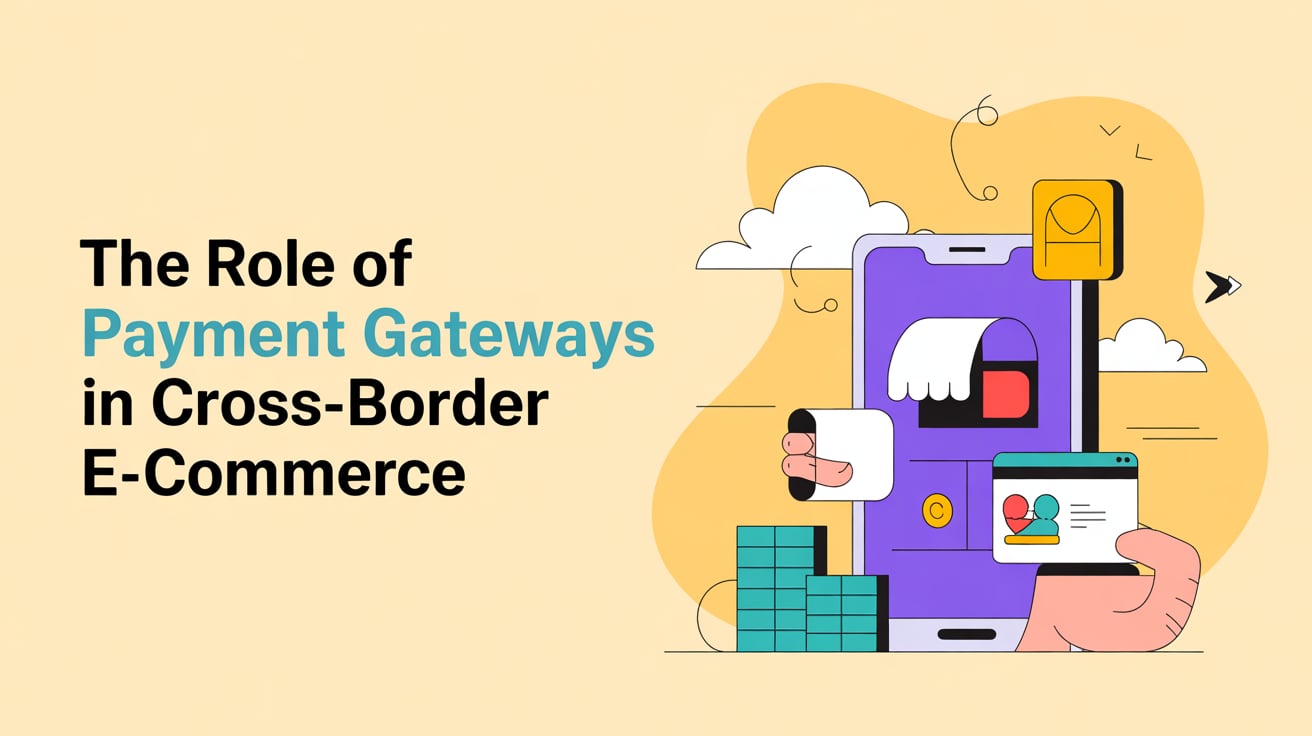

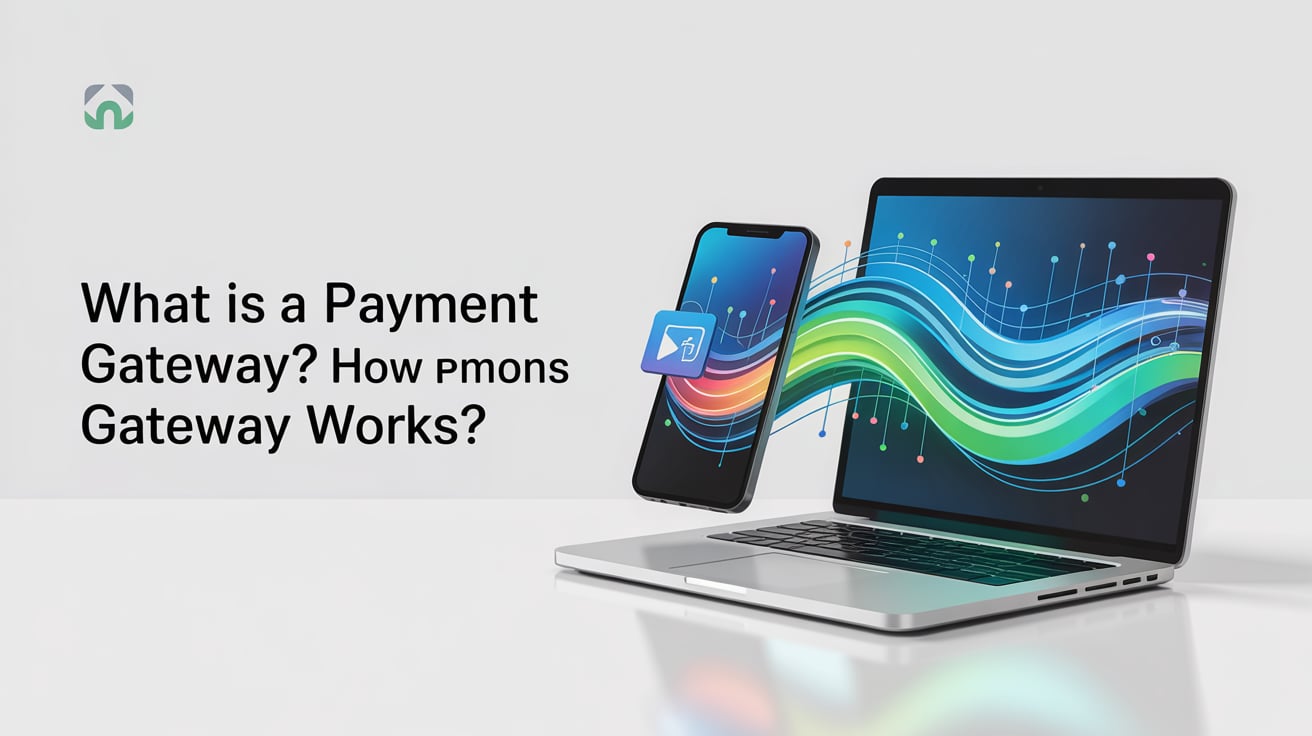
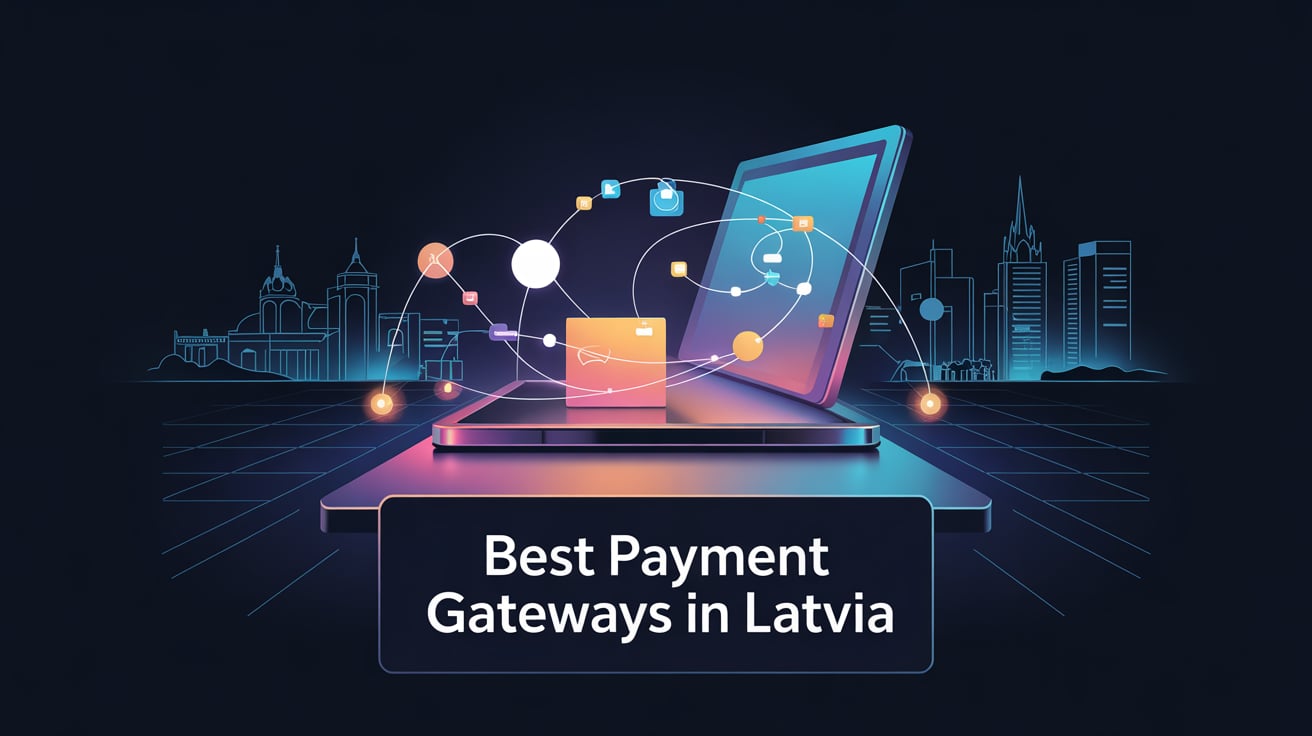

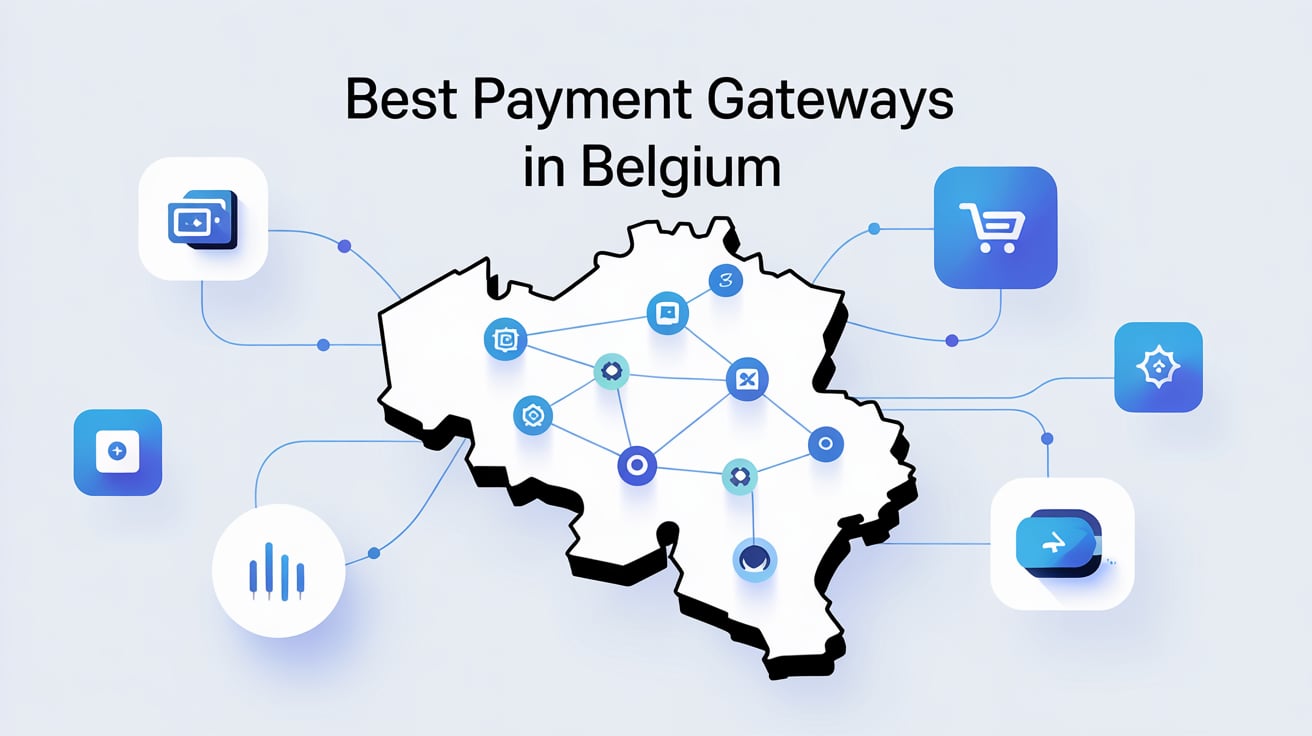
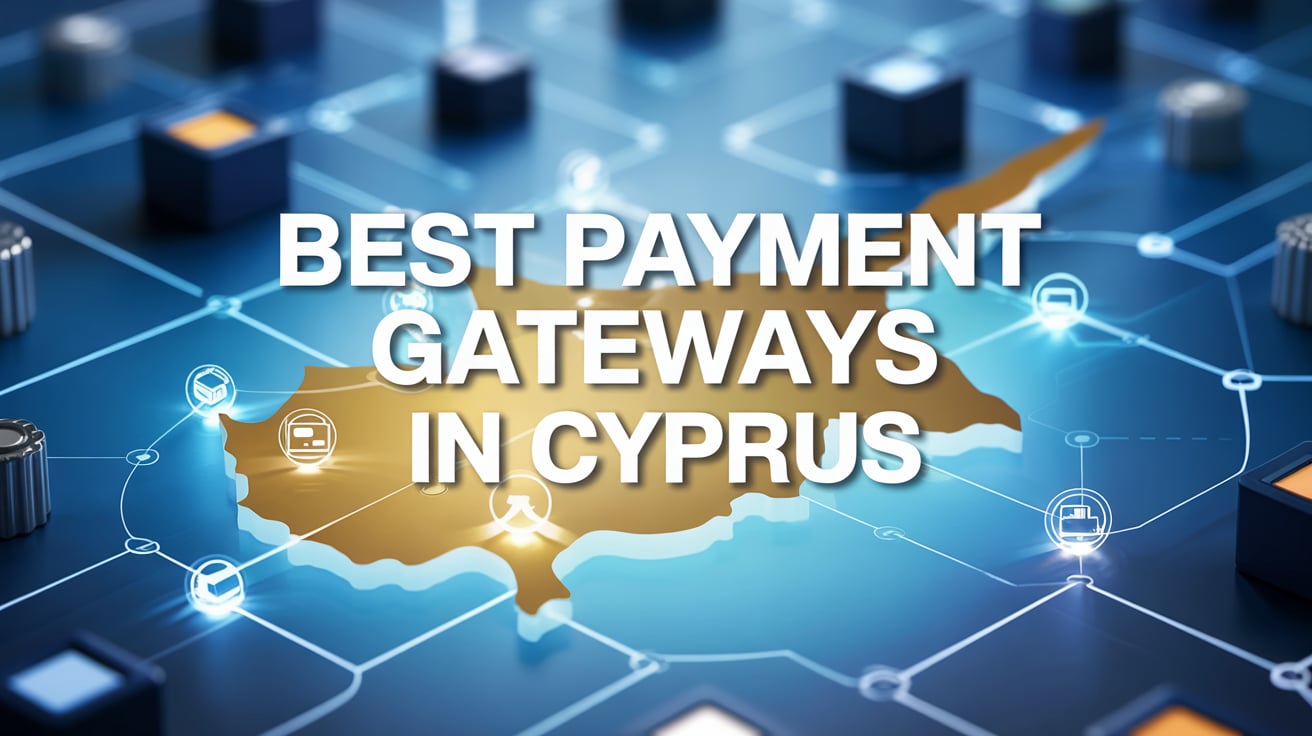
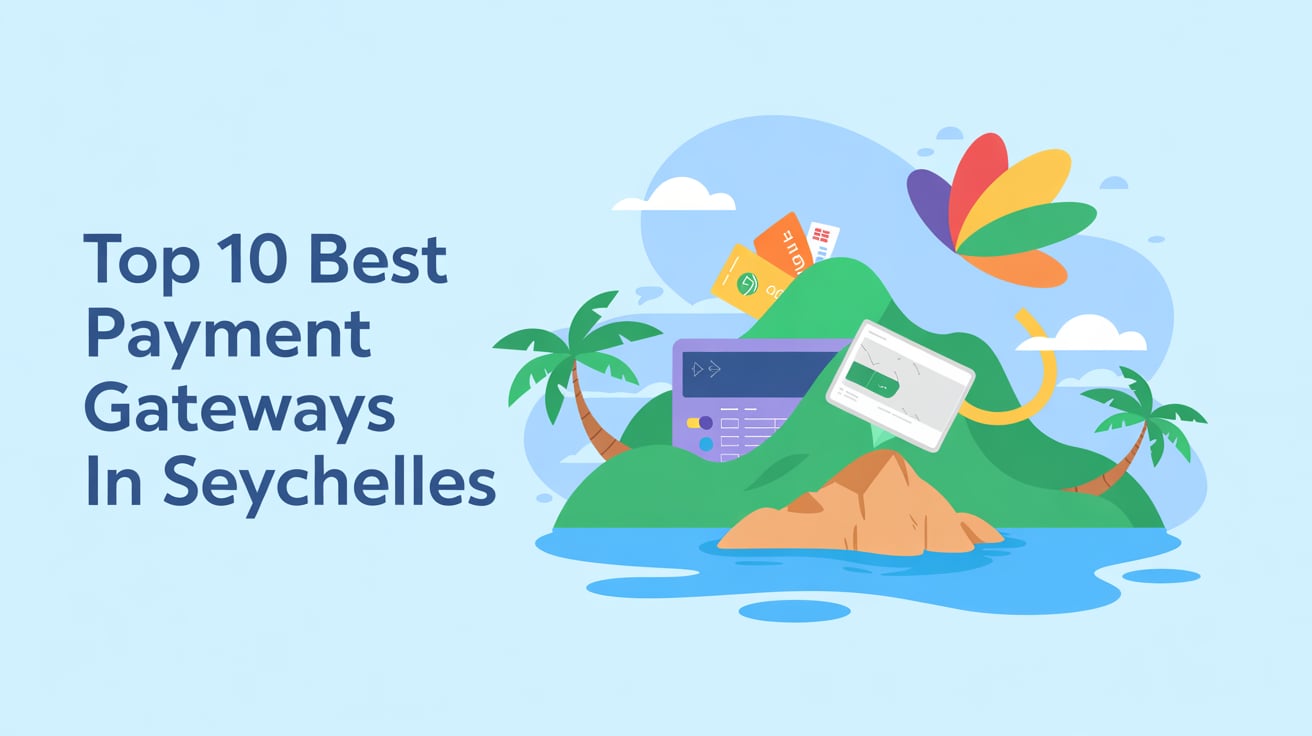
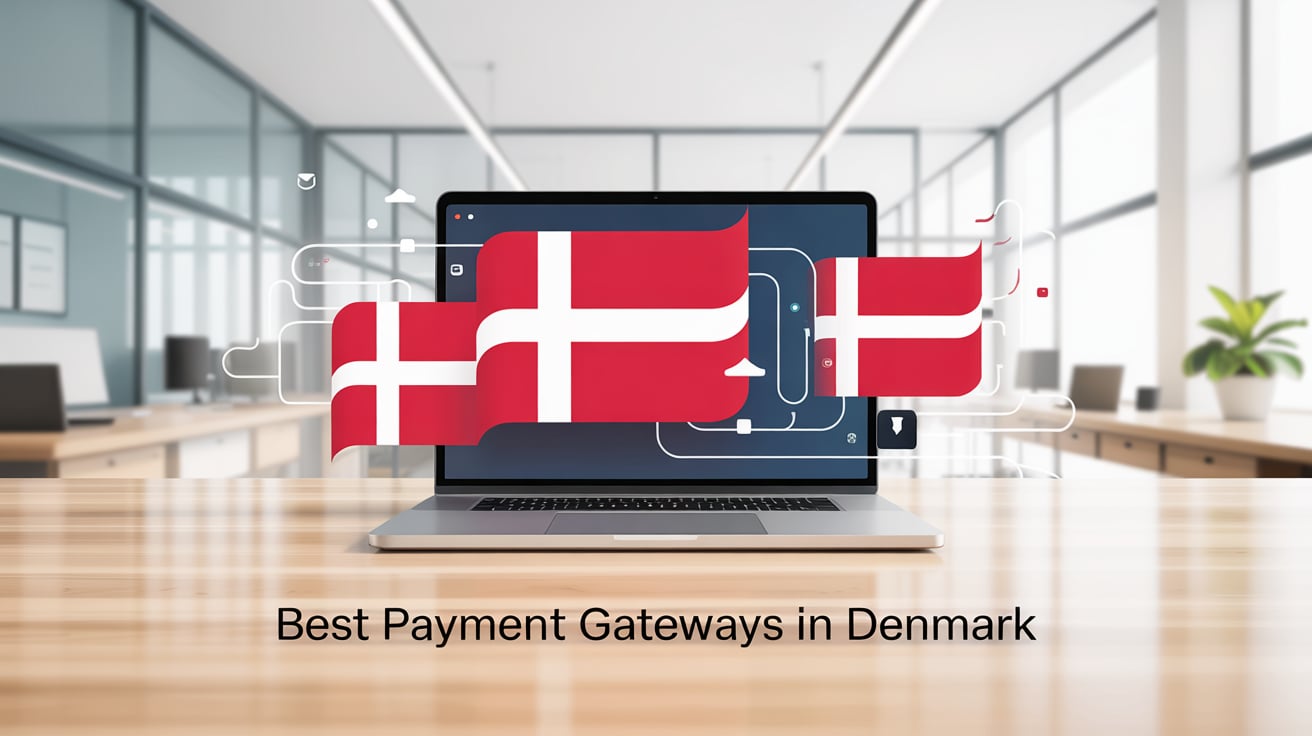
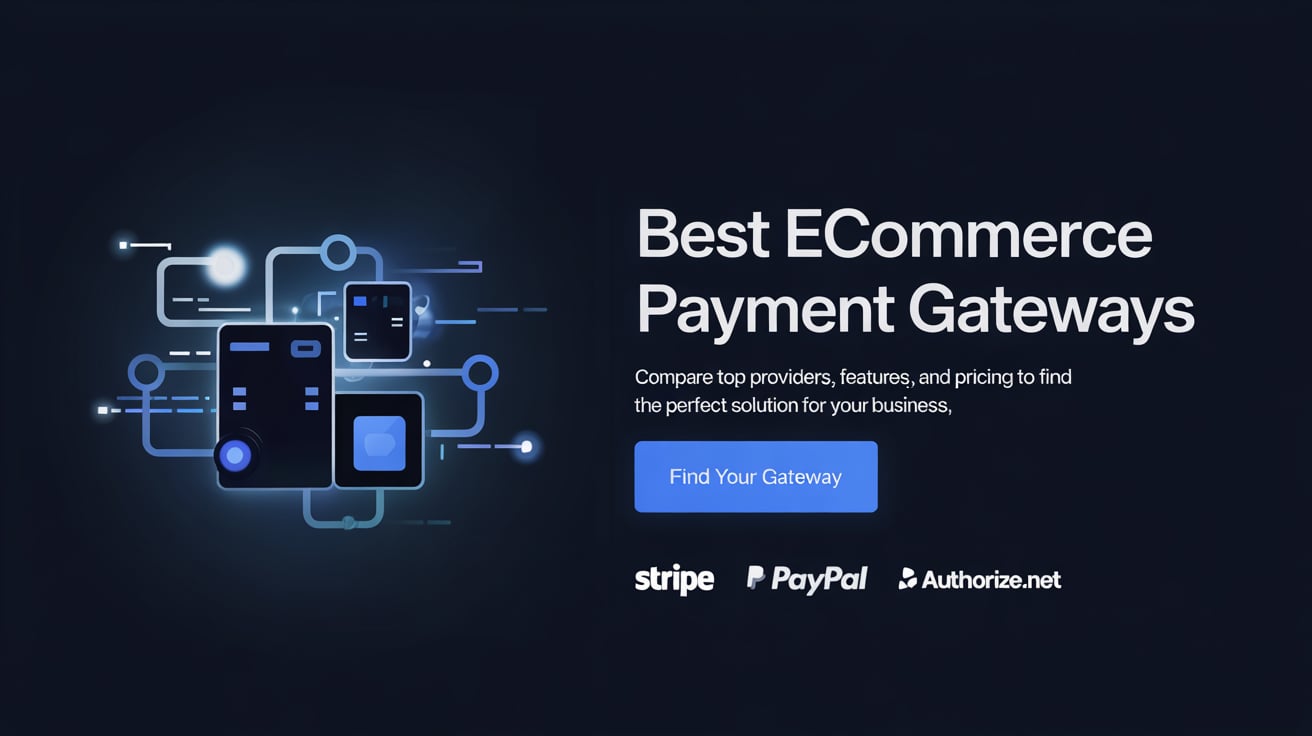
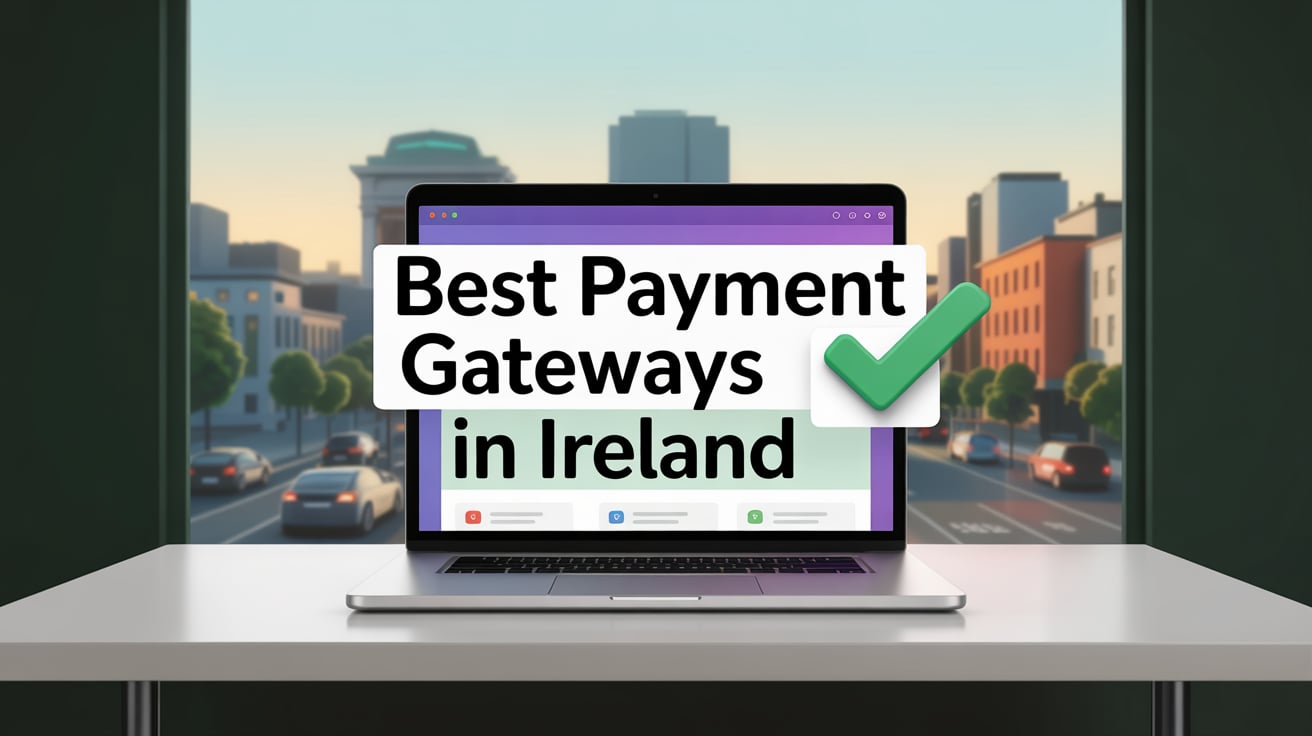

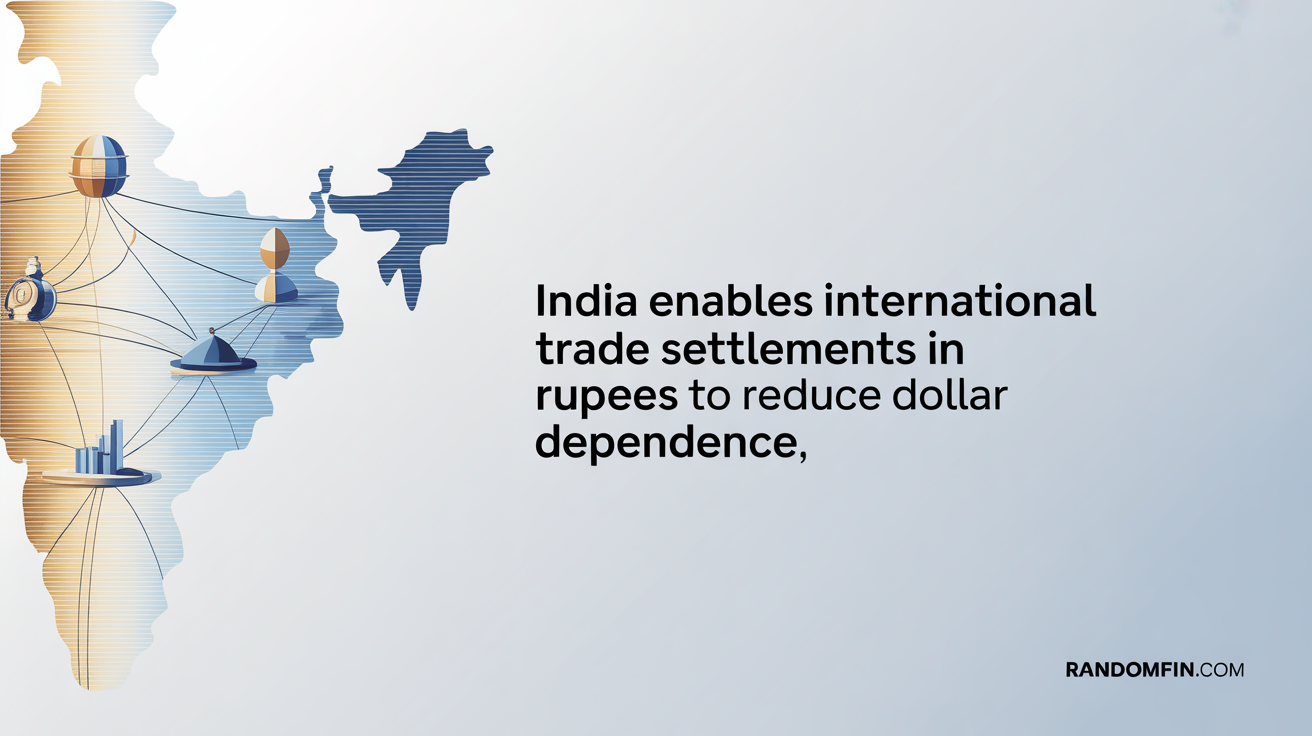
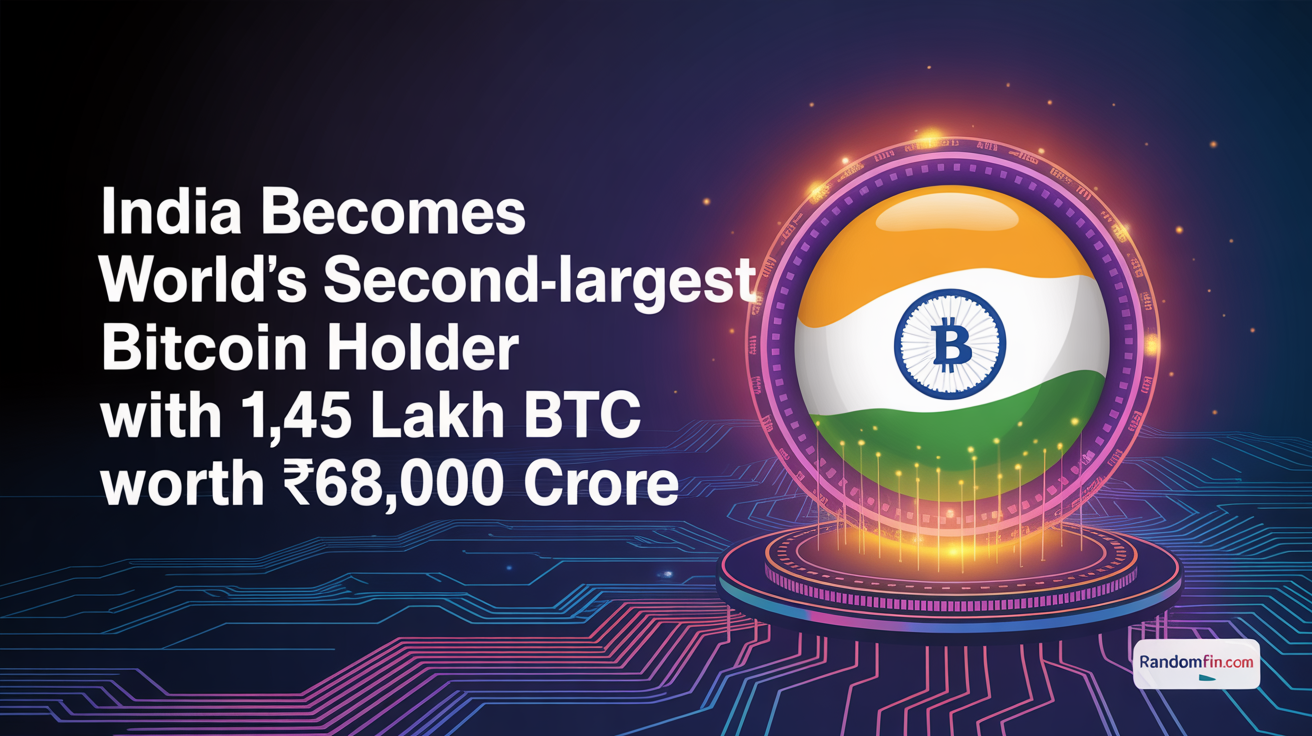

Leave a Reply